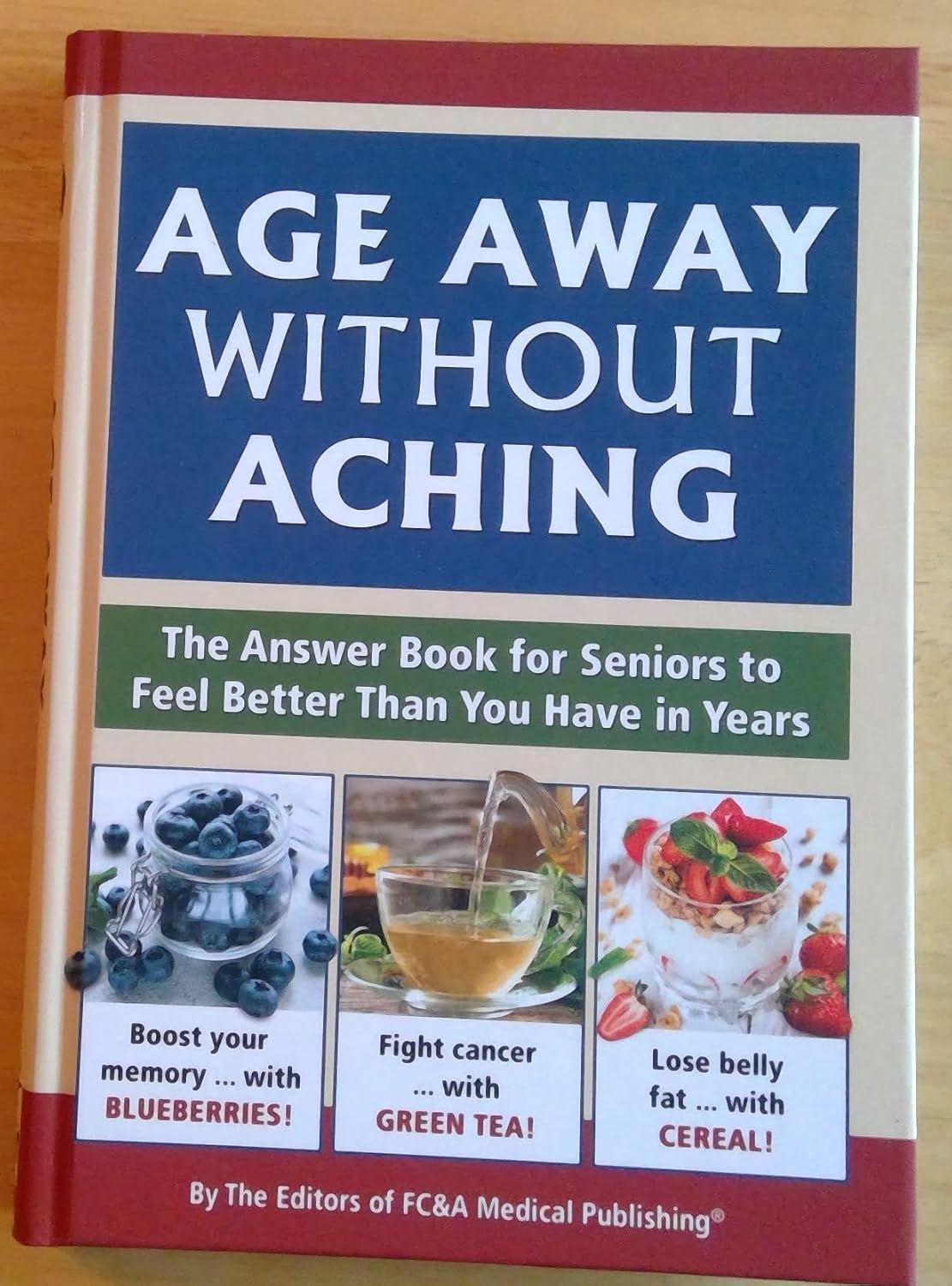Living Longevity as a 60-Year-Old and Beyond: A Comprehensive Guide
As we journey through life, the golden years often usher in a new chapter characterized by reflection, growth, and the pursuit of healthful living. Achieving longevity is not merely a matter of fate; it’s about making informed choices that enhance our quality of life. For those aged 60 and beyond, adopting certain lifestyle practices can pave the way for an enriching experience well into our later years.
Understanding Longevity
Longevity is not just about extending life but also about enhancing its quality. The goal is to live not only longer but also better—making every year worthwhile. Studies consistently show that various factors contribute to longevity:
- Genetics: While genetics play a role in how long we live, they are just one piece of the puzzle.
- Lifestyle Choices: Diet, exercise, social connections, and mental health significantly influence our lifespan.
- Environmental Factors: Where we live can impact our health through access to healthcare services, clean air and water, and community support systems.
- Mindset: Attitude towards aging has been linked with longevity; those who view aging optimistically tend to live longer than their counterparts who do not.
Embracing Holistic Health
A holistic approach encompasses physical, emotional, social, spiritual**, and intellectual dimensions:
1. Physical Well-being
Nutrition
Eating well is foundational for good health at any age:
- Balanced Diet: Focus on whole foods—fruits, vegetables (aim for at least five servings per day), lean proteins (like fish or poultry), whole grains (such as brown rice or quinoa), legumes (beans or lentils), nuts**, and seeds.
- Hydration: As we age our sense of thirst diminishes; make conscious efforts to drink enough fluids throughout the day.
- Limit Processed Foods & Sugars: Reducing intake of added sugars and heavily processed foods can help prevent chronic diseases such as diabetes or heart disease that become more prevalent with age.
Exercise
Regular physical activity contributes significantly to longevity:
- Aim for at least 150 minutes of moderate-intensity aerobic exercise each week (walking briskly or cycling).
- Incorporate strength training exercises two days per week—these help maintain muscle mass that diminisheswith age.
2. Emotional Well-being
Mental health is a crucial component of longevity:
- Mindfulness and Stress Management: Practices such as meditation, yoga, or tai chi can help reduce stress and enhance emotional resilience.
- Seek Professional Help: If feelings of anxiety or depression arise, talking to a therapist can be beneficial.
3. Social Connections
Strong relationships are vital for long-term health:
- Stay Engaged: Participate in community activities, volunteer work, or social groups that with your interests.
- Build Support Networks: Surround yourself with friends and family who uplift you; meaningful connections can significantly impact both mental and physical health.
4. Spiritual Well-being
Exploring spirituality can provide purpose and peace:
- Engage in practices that connect you with your sense of spirituality—this could be through religion, nature walks**, or artistic expressions.
5. Intellectual Engagement
Keeping the mind active is essential for cognitive longevity:
- Pursue lifelong learning through classes (online or in-person), reading books across various genres, playing musical instruments, solving puzzles**, even learning new languages.
Preventive Healthcare
Regular check-ups become increasingly important as we age:
- Schedule annual physical exams to monitor blood pressure, cholesterol levels, diabetes screenings, etc.
- Stay updated on vaccinations like the flu shot and shingles vaccine to prevent illness preemptively.
Embracing Change
Aging brings about numerous changes—both physically and emotionally. It’s important to embrace these transitions positively:
- Focus on what you can do rather than what you cannot; maintaining an adaptable mindset will help navigate the aging process more gracefully.
Setting Realistic Goals
Set achievable goals to fitness (such as walking a certain number of steps per day) or hobbies (like joining a book club). Celebrate small victories along the way!
Conclusion
Living beyond 60 doesn’t have to signify winding down; it’s an opportunity for growth, exploration, and profound enjoyment of life’s simplest pleasures. By focusing on holistic health—encompassing physical well-being, emotional resilience, social connections* , spiritual fulfillment*, intellectual stimulation*, preventive healthcare*, mindfulness*, adaptability*** , purpose-driven living*—you’ll pave your path towards longevity while enriching each moment along the way. For further on living longer healthily beyond age sixty:
By adopting these principles thoughtfully into daily routines today, one sets themselves up not only for increased years but also enriched experiences filled with joy!




